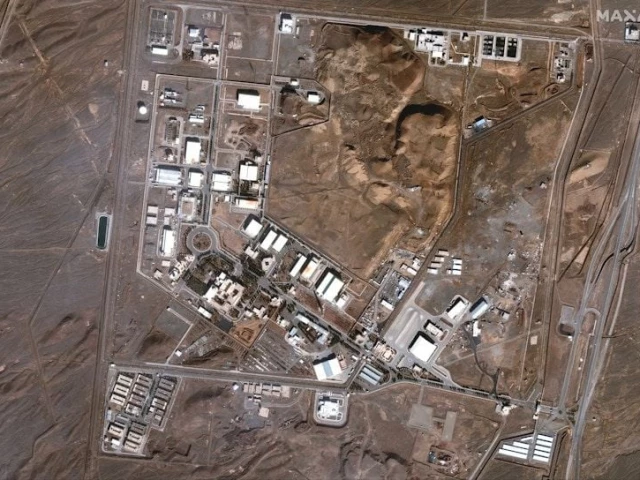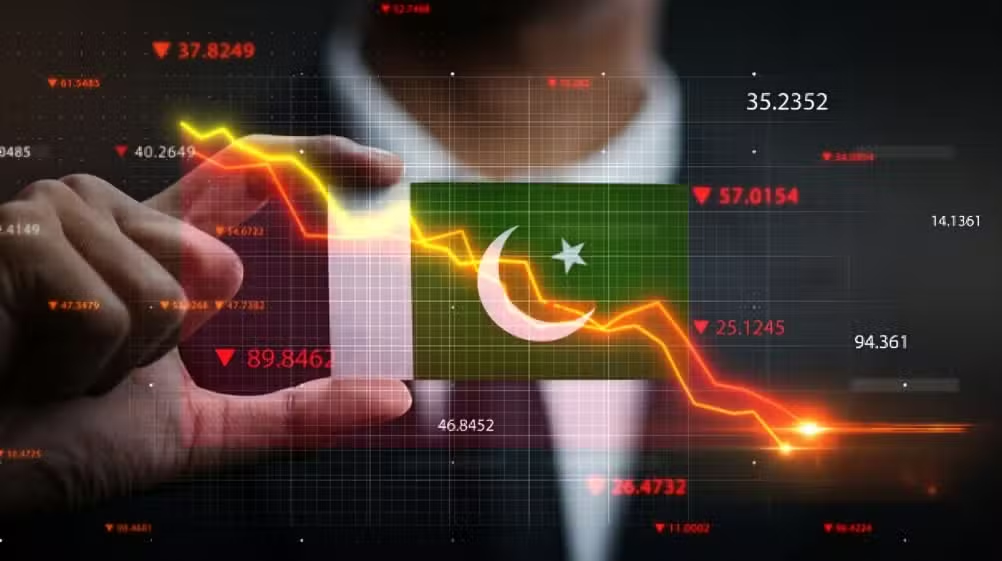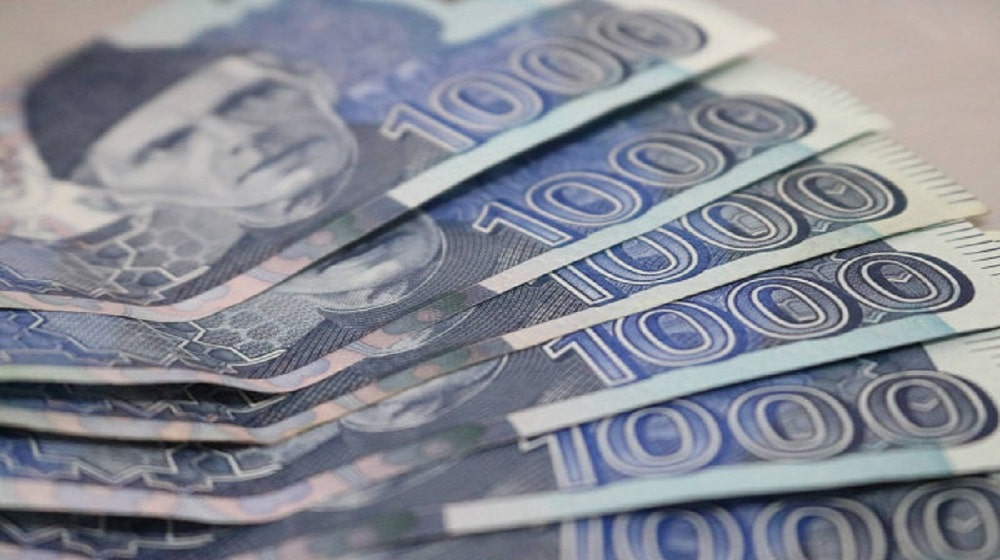IAEA Chief Confirms Destruction of Iran’s Natanz Enrichment Facility
The head of the UN nuclear watchdog, Rafael Grossi, confirmed on Friday that Israel’s airstrikes destroyed the above-ground pilot enrichment plant at Iran’s Natanz nuclear site. Grossi, speaking to the UN Security Council, also noted Iran’s reports of additional strikes targeting the Fordow fuel enrichment plant and a site in Isfahan.
The International Atomic Energy Agency (IAEA) stated that, despite the attacks, radiation levels outside the affected areas remain stable. Iran’s Atomic Energy Organization spokesperson, Behrouz Kamalvandi, said most of the visible damage was surface-level.
This development comes amid uncertainty about the planned sixth round of nuclear talks between the U.S. and Iran in Oman. Former U.S. President Donald Trump said Washington was still hoping to return to negotiations but reaffirmed that Iran must not develop nuclear weapons.
Experts analyzing satellite imagery report moderate damage to Natanz, with little to no visible destruction at the deeply buried Fordow and Isfahan facilities. However, the loss of key scientists and top military officials, including an estimated 20 Iranian commanders, marks a significant blow to Iran’s military and scientific leadership.
READ MORE:
Iran Launches Massive Missile Attack on Israel as Retaliation Escalates
Nuclear analyst David Albright noted that Israel may have intentionally avoided heavily fortified underground sites out of concern for international inspectors’ safety. He also suggested that drone and cyber attacks might have played a role, though they would leave no visible trace.
Non-proliferation experts, including Jeffrey Lewis, confirmed that Israel succeeded in destroying the Pilot Fuel Enrichment Plant and nearby support infrastructure. However, Iran’s underground facilities and enriched uranium stockpiles appear largely intact.
Israel stated that the airstrikes marked the beginning of a prolonged operation to halt Iran’s nuclear ambitions. Military experts say that while such attacks may delay Iran’s nuclear program, they are unlikely to fully dismantle it without broader international cooperation.
Mark Dubowitz of the Foundation for Defense of Democracies emphasized that Israel likely lacks the ordnance to destroy Fordow without U.S. military support. Strategic analyst Decker Eveleth questioned whether Israel’s campaign could actually prevent a future nuclear breakout.
The IAEA has called for an emergency board meeting amid mounting global concern, as Iran currently enriches uranium to 60%—well above the limit set by the 2015 nuclear deal, but still below weapons-grade levels.




